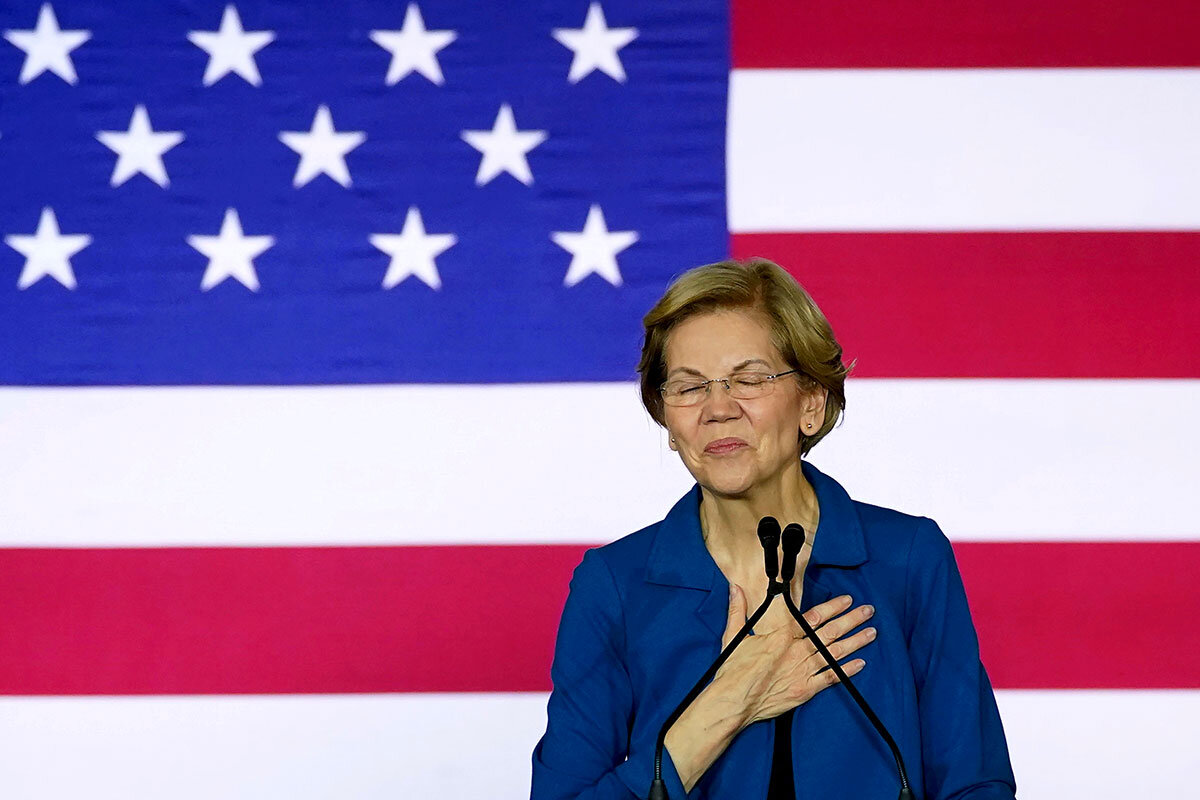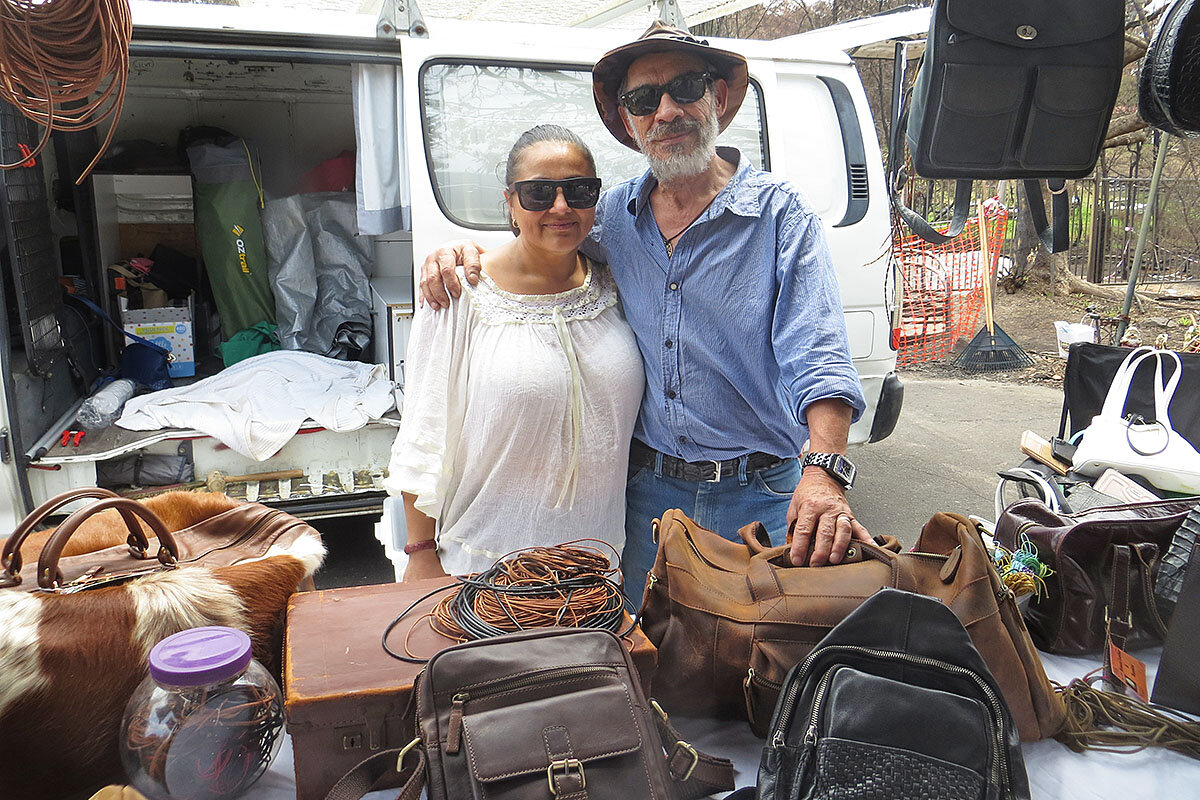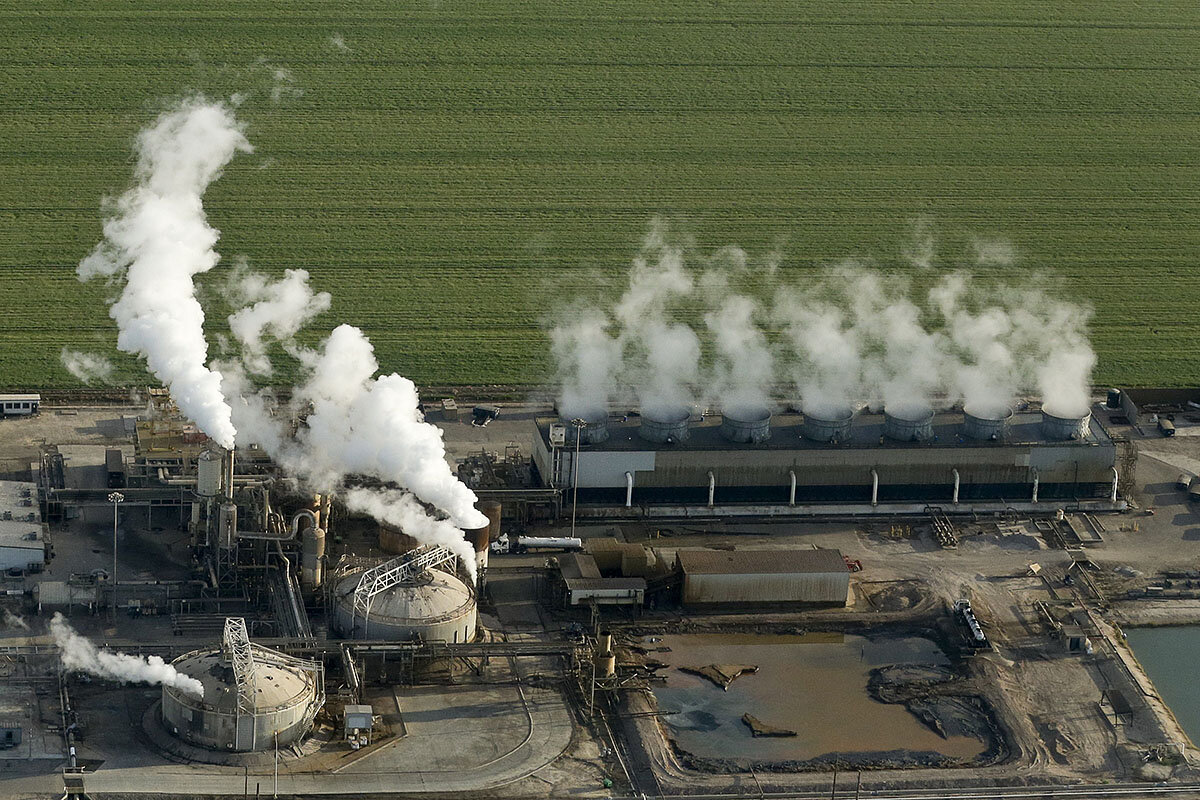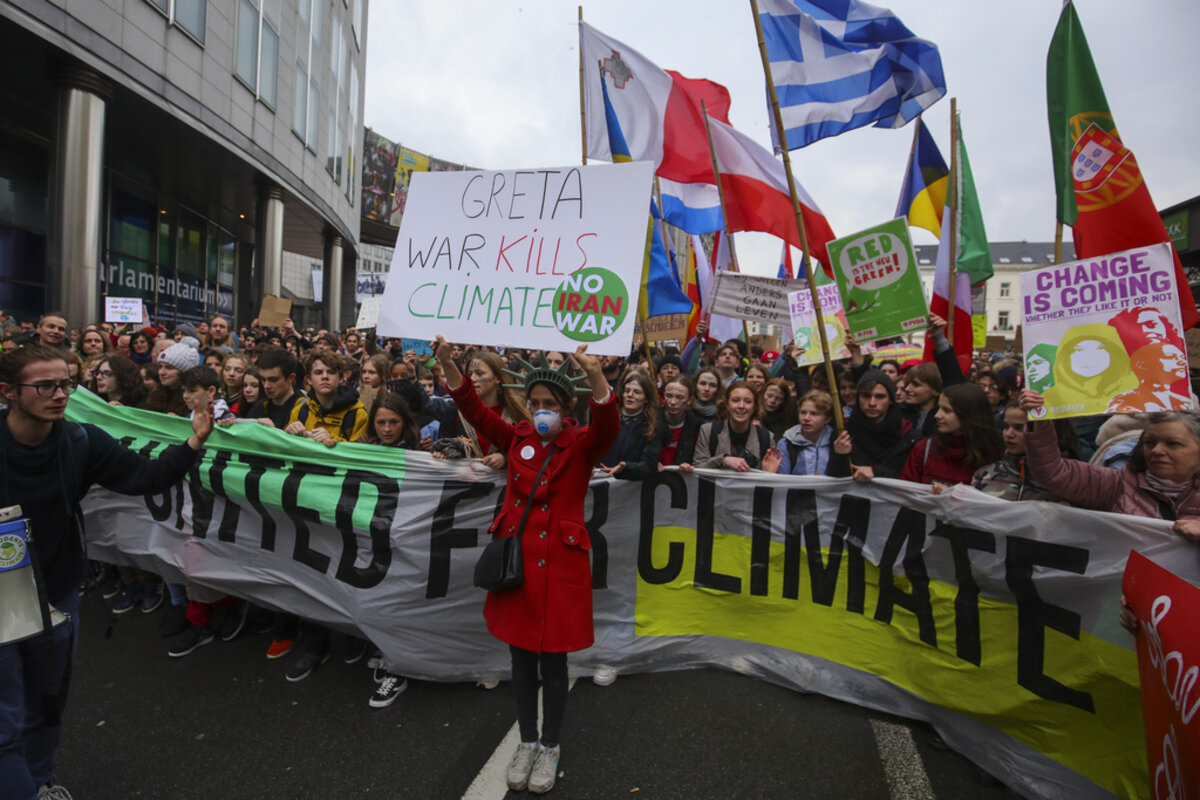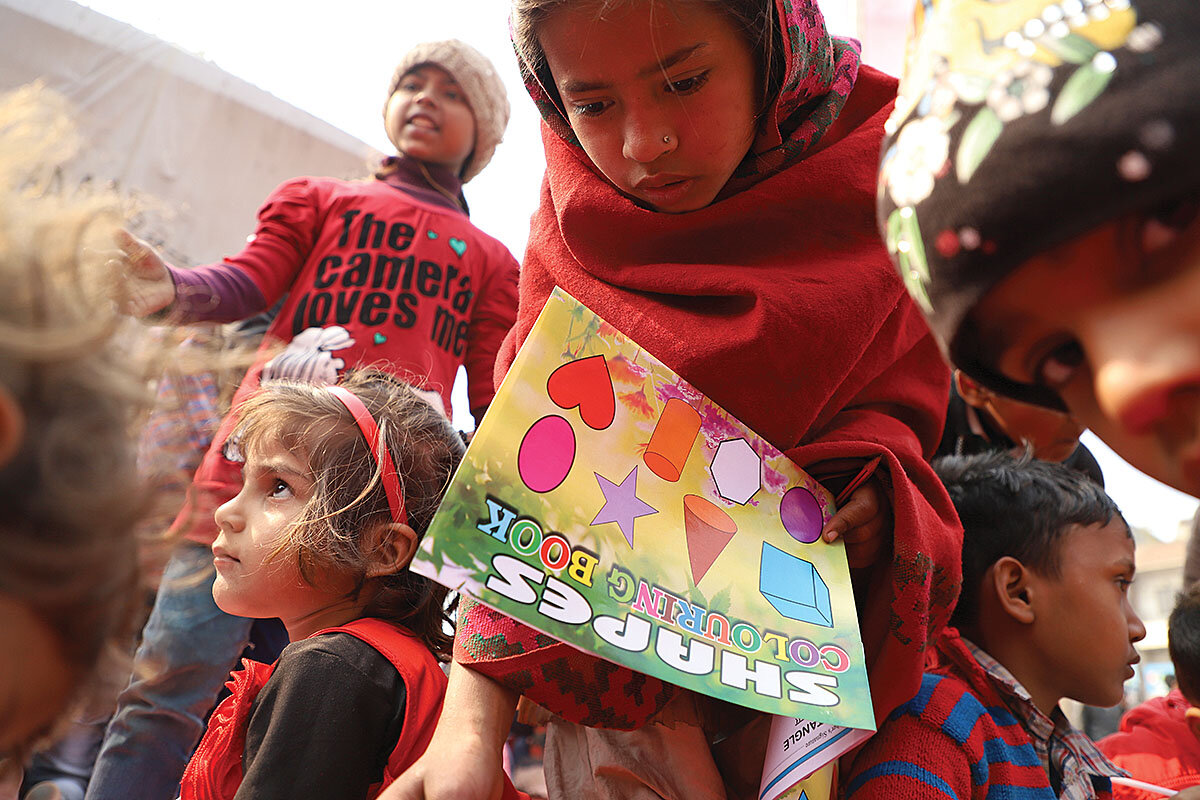What will it take to crack the final glass ceiling in U.S. politics? That’s the question women voters are asking after a record six women ran for president and fell short of the nomination.
Monitor Daily Podcast
- Follow us:
- Apple Podcasts
- Spotify
- RSS Feed
- Download
 Laurent Belsie
Laurent Belsie
Today’s stories examine women’s post-Warren political hopes, Mexico’s role in U.S. immigration policy, Australia’s environmental identity, a surprise bonus from geothermal brine, and a rocker returning to his roots.
When share prices plunge like melting snow off a steep roof and headline writers employ words like havoc, desperate, and panic, it’s pretty easy to worry. But fear tends to distort one’s view. To understand what’s really going on in the economy, it usually helps to take a deep breath and a step back.
The global economy indeed faces immense uncertainty in the wake of a novel and spreading virus. And it’s clear that it threatens to slow an already slowing economy as individuals and companies cancel travel, conferences, and other events. At the same time, some things are looking up for the consumer, such as energy costs, job growth, and falling interest rates.
Today’s failure of OPEC to reach a deal with Russia over cutting production may cause problems for its member nations. But an 8% drop in the oil price Friday means that gasoline prices should fall further.
Employers keep hiring. The latest 273,000 surge in jobs in February, also reported Friday, was far higher than many analysts expected and caused unemployment to fall back to the 50-year low set late last year.
And when the Federal Reserve tried to calm fears by cutting interest rates this week, it set off a mortgage refinancing boom. Homeowners who spend less in mortgage interest have more to spend on other goods, which should boost the economy.
None of this means that growth doesn’t face a late winter slowdown, perhaps a long one. The upbeat jobs report may not yet reflect the impact of the virus. But when nobody really knows how long winter will hang on, it’s important to acknowledge the green shoots that could herald spring.




